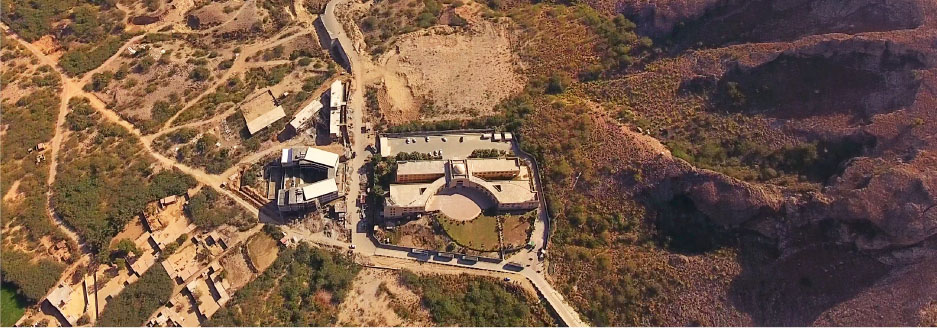
The Namal story began when, in 2005, Imran Khan made the momentous decision to build an academic institution on the banks of the eponymous lake with a vision to empower Pakistan’s youth. Despite early obstacles, Namal College was established in 2008 with the support of the local community and generous donors. The initial 5 acres (40 kanals) of land for this college was provided by Ghulam Muhammad Seelu, a local resident of village Namal. Namal College started its operations with one degree program as an affiliate college of the University of Bradford, UK. In early 2019, Namal was granted degree-awarding status and became Namal Institute.
Over time, the dream to build an educational institute has evolved into one for establishing the largest university town in Pakistan by the name of Namal Knowledge City. A comprehensive plan for establishing six academic buildings, student hostels, faculty apartments, a central library, a mosque, an enterprise center and commercial areas has taken shape. The Knowledge City will house the School of Science and Engineering, School of Medicine, School of Business, School of Humanities, School of Agribusiness and a Technology Park. The Agribusiness School is the second building to be completed in this plan.
Namal University sits on a total of 1000 acres in Pakistan’s Salt Range in an area comprising of hills and crags overlooking Namal Lake in Mianwali District. The Salt Range is a hill system in the Punjab province of Pakistan deriving its name from its extensive deposits of rock salt. This area has a high level of biodiversity and is home to a number of wildlife sanctuaries. Outdoor enthusiasts will find the terrain to be very suited to an eco-progressive lifestyle. From the towering hills on the western side with their hidden sulphur springs, and the Lake to the east with its rocky bank offering stunning sunset views, the rich natural heritage of Namal Valley enhances Namal’s academic experience and offers several opportunities for outdoor activities.